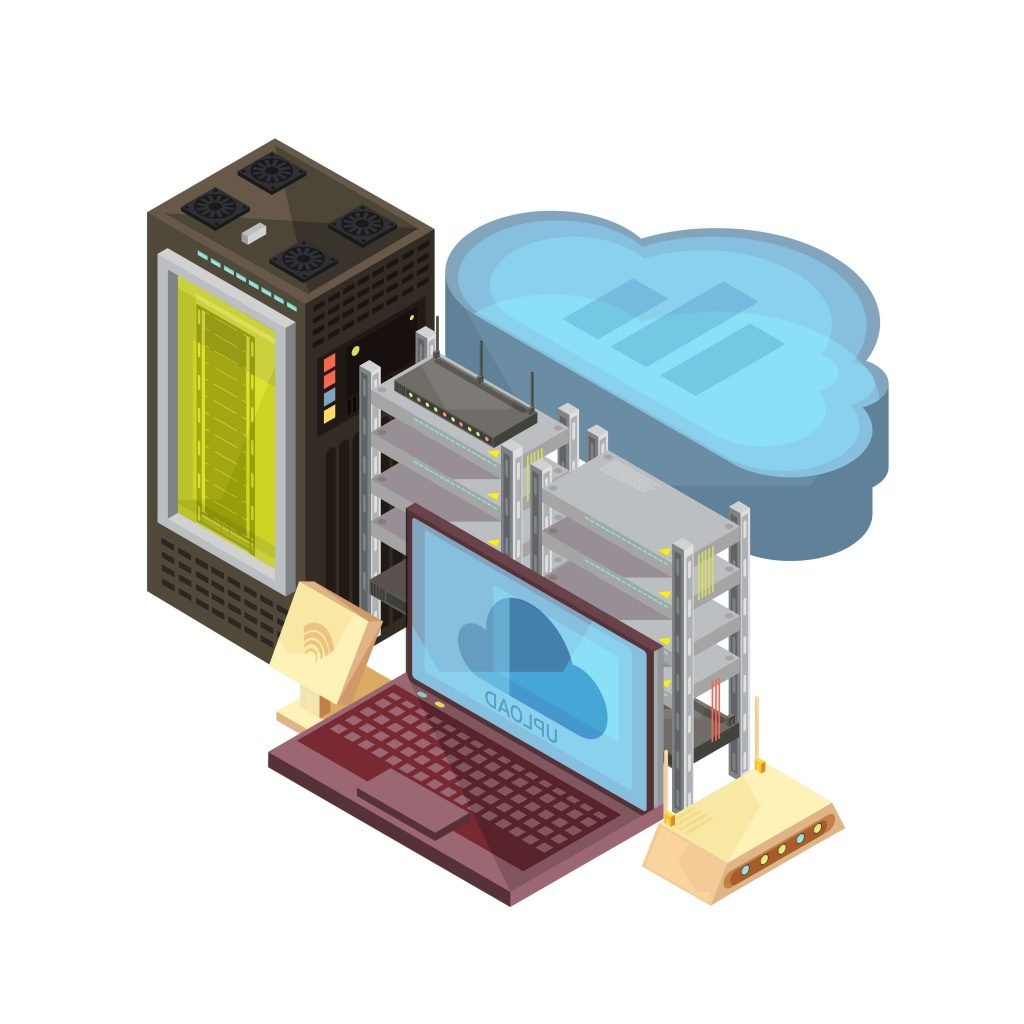Server security focuses on the protection of data and resources held on the servers. It comprises tools and techniques that help prevent intrusions, hacking, and other malicious actions.

Web server security is the protection of information assets that can be accessed from a Web server. Web server security is important for any organization that has a physical or virtual Web server connected to the Internet. It requires a layered defence and is especially important for organizations with customer-facing websites. Server security comes to being confidentially, integrity, availability of appropriate information and authentication. A leaky server can cause a vital harm to an organisation. So security is the most complex topic that the modern world is concerned about. A security breach incurs a cost for the organisation in the terms of money as well as good will. Databases store confidential and sensitive information. Hence, it is the most important task of an organisation to safeguard crucial information from being stolen and misused.
Many threats against data and resources are possible because of mistakes— either bugs in operating system and server software that create exploitable vulnerabilities, or errors made by end users and administrators. Threats may involve intentional actors or unintentional actors . Risk assessments should be conducted to identify the specific threats against their servers. Performing risk assessments and mitigation helps organizations better understand their security posture and decide how their servers should be secured. An important element of planning the appropriate security controls for a server is understanding the threats associated with the environment in which the server is deployed.
SSH keys are a pair of cryptographic keys that can be used to authenticate to an SSH server as an alternative to password-based logins. A private and public key pair are created prior to authentication.
Setting up SSH key authentication allows you to disable password-based authentication. SSH keys generally have many more bits of data than a password, meaning that there are significantly more possible combinations that an attacker would have to run through.


It’s an approach that brings together the best security for the visitors.Website security protects your visitors from:
Public key infrastructure, or PKI, refers to a system that is designed to create, manage, and validate certificates for identifying individuals and encrypting communication. SSL or TLS certificates can be used to authenticate different entities to one another.
After authentication, they can also be used to established encrypted communication. Establishing a certificate authority and managing certificates for your servers allows each entity within your infrastructure to validate the other members identity and encrypt their traffic. This can prevent man-in-the-middle attacks where an attacker imitates a server in your infrastructure to intercept traffic.


A big portion of security is analyzing your systems, understanding the available attack surfaces, and locking down the components as best as you can. Service auditing is a process of discovering what services are running on the servers in your infrastructure. Often, the default operating system is configured to run certain services at boot. Installing additional software can sometimes pull in dependencies that are also auto-started. Servers start many processes for internal purposes and to handle external clients. Each of these represents an expanded attack surface for malicious users. The more services that you have running, the greater chance there is of a vulnerability existing in your accessible software.
We would be happy to elaborate and explain every aspect of our services to you in a clear and easy to understand way. Let’s get started today!